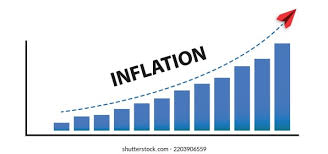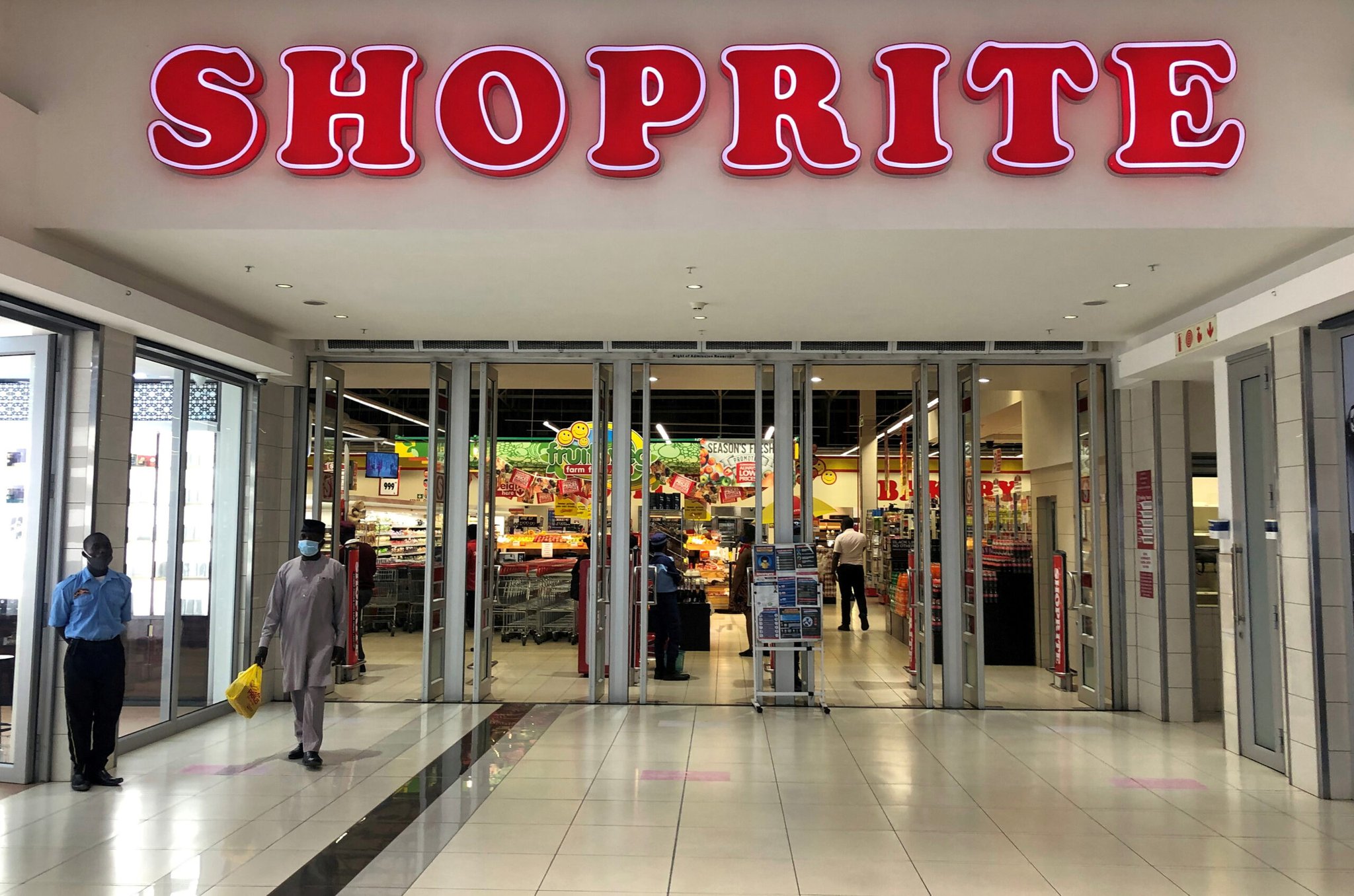Nigeria’s Inflation Drops to 22.97%, Offering Cautious Optimism

Nigeria’s inflation rate dropped to 22.97% in May 2025 from 23.71% in April, marking a second consecutive decline, the National Bureau of Statistics (NBS) reported. The 0.74% decrease, driven by slower price rises in farm produce, utilities, and clothing, signals relief for Nigerians facing high costs.
Food inflation eased to 21.14% from 21.16%, with lower prices for yam, maize flour, and soybeans, though month-on-month food inflation rose to 2.19%. The CPI rebasing to 2024 and a stronger naira, up 1% in official markets, helped curb import costs. Moderating fuel prices also contributed.
“This is technical but promising,” said NBS spokesperson Adeniran Musa. Analysts like Samuel Oyekanmi of Norrenberger noted risks from insecurity and flooding, citing Benue’s 50% food inflation spike in April. The Central Bank of Nigeria, holding rates at 27.5%, sees progress but urges caution.
State disparities persist: Borno’s inflation hit 38.93%, while Katsina’s was lowest at 16.25%. Month-on-month, Bayelsa led food inflation at 12.68%. Core inflation slowed to 1.10%, and headline month-on-month inflation fell to 1.53%.
Despite the drop, consumers like Lagos trader Aisha Mohammed feel little relief. “Rice and beans are still expensive,” she said. Experts call for sustained policies to tackle food supply and energy costs for lasting stability.







